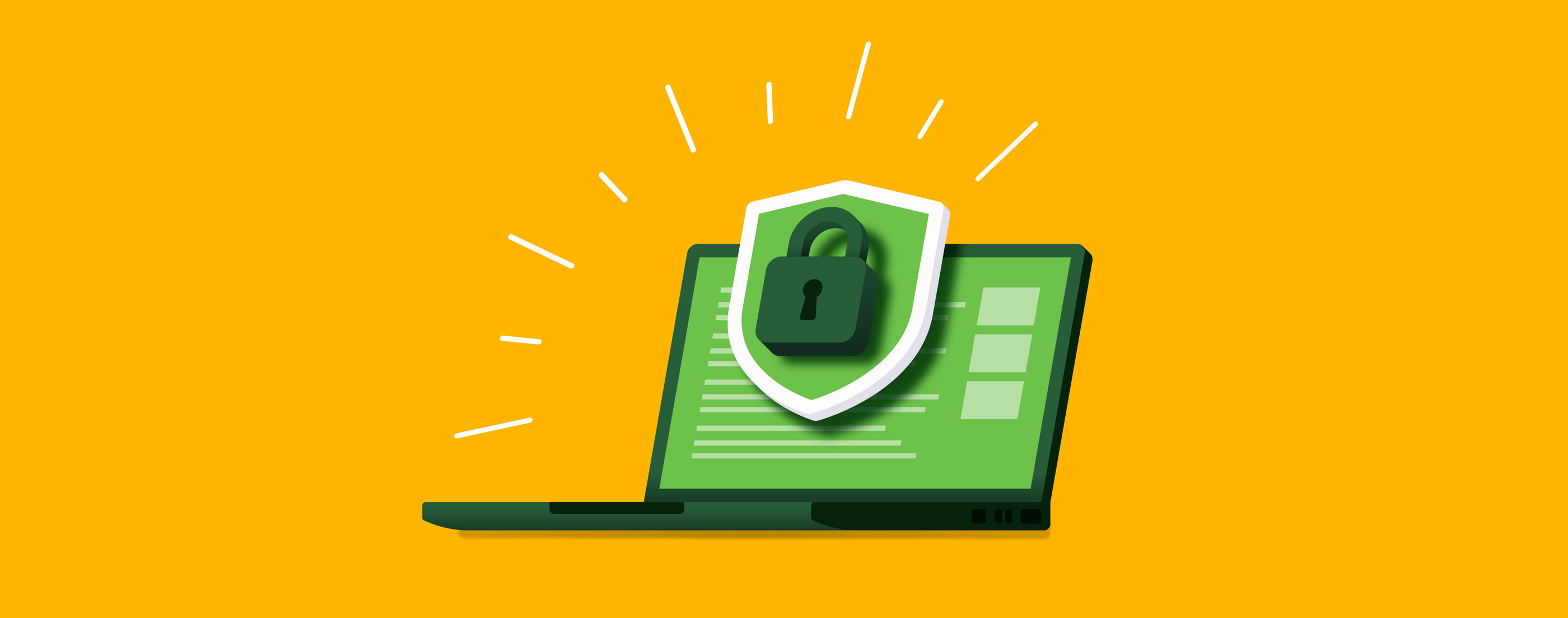Social Media Privacy + Security
Social media has become an integral part of our lives, making it increasingly important that we understand the privacy and security risks that inherently come with using these platforms. Recognizing these risks and taking proactive measures to protect personal information is crucial for all social media users.
At the University of Alberta, Information Services and Technology (IST) and the Information and Privacy Office (IPO) jointly review privacy and security risks related to social media and other platforms. University faculty, staff and students play a vital role in safeguarding their own information and that of the university. Being informed and proactive contributes to maintaining a secure digital environment.

Understanding the risks of social media
By their very nature, social media platforms require our personal and sensitive information. Some of this information is shared voluntarily through posts and profile information. And some is shared unknowingly through cookies (online activity trackers) which may log web page views, social media sharing and purchase history, or even location data. Ever noticed how you look at a product once on your phone and by that afternoon you’re receiving targeted ads to make the purchase?
With so many of us using social media today, it creates perfect targets for scams and opportunities to steal personal data, including passwords. Here are some of the most commonly associated risks you should be aware of:
- App permissions: Social media platforms often request various permissions when you install their apps. These permissions may include access to your contacts, camera, microphone, location and more. Granting these permissions can expose your personal information and potentially compromise your privacy and security.
- Data collection: Social media platforms collect vast amounts of data about their users. This data includes your personal information, preferences, online behavior, and interactions. While this data is often used for targeted advertising and improving user experience, it can also be vulnerable to breaches or misuse, posing risks to your privacy.
- Information sharing: Social media encourages users to share personal information, such as birthdays, locations and personal experiences. While sharing can enhance social interactions, it also exposes sensitive details to a wide audience, increasing the chances of privacy breaches or identity theft.
- Privacy settings: Default privacy settings on social media platforms often prioritize sharing rather than privacy. Many users are unaware of the options to customize their privacy settings, leaving their personal information and posts accessible to a broader audience than intended.
- Third-party apps: Social media platforms host a myriad of third-party applications and quizzes that may request access to your personal data. While some apps are reputable, others may have malicious intent and can scrape or misuse your information.
- Data breaches: Social media platforms are not immune to data breaches. Hackers may exploit vulnerabilities in the platform's security systems, leading to unauthorized access to user accounts and personal data. These breaches can result in the theft of passwords, private messages and other sensitive information.
- Social engineering and phishing: Social media provides a rich source of personal information for social engineering attacks and phishing attempts. Cybercriminals can use this information to create convincing scams, tricking users into revealing more personal details or falling victim to fraud.
- Inadequate policies and regulations: Some social media platforms may have inadequate privacy policies or may not prioritize user privacy and security. This can lead to potential abuses of personal data, as seen in cases where information is sold without consent or authorized access.
Increase your social media safety
To enhance security, the U of A recommends logging into social media accounts via web browsers whenever possible, which provides additional control and security measures. Reviewing app terms and conditions is also crucial for making informed decisions about personal information usage. By understanding risks, being proactive and following recommended security practices, U of A community members can protect their information and contribute to a safer digital environment.
- Enable multi-factor authentication (MFA) on your social accounts whenever possible.
- Access your account through a web browser instead of through the app. This can provide additional security, as apps can ask for or require access to other functions of mobile devices.
- Ensure you set and/or update your privacy settings on every social account you use.
- Limit or don’t share personal information such as your birthdate, address, phone number or real-time location.
- Be cautious of suspicious messages or links, even if they appear to be from someone you know.
- Report any posts or messages that appear to be scams.
- Use unique and complex passwords. View these tips on how to create strong passwords.
- Avoid logging into accounts while using public Wi-Fi networks, which can be more vulnerable to cyberattacks.
- Protect your computer with anti-virus software and keep all software, including your operating system, up to date.
- Be aware of the news regarding social media platforms. Recent data breaches or news about the activities of social media companies can help us take preventative action or make informed decisions.
For more information on staying cyber safe while using social media, refer to the Government of Canada’s guidelines.